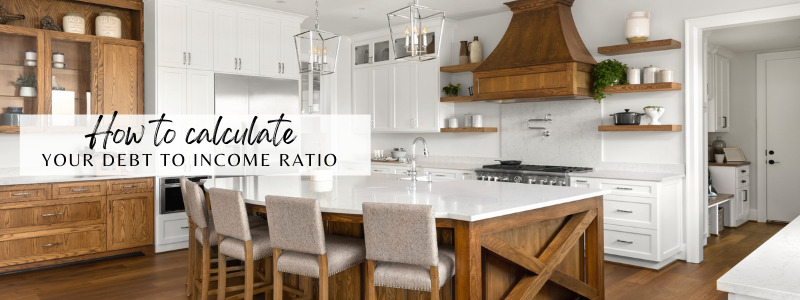
What is the 70% Rule when Flipping Houses?
If you’re thinking about flipping houses, you have to know how to bid on a property. Pay too much for a home and you’ll leave yourself with little to no profits when you sell. If you bid too low, though, you could lose the property.
So what’s the right price?
While there isn’t a one-size-fits-all approach, many investors use the 70% rule to come up with the right price. It sounds confusing, but once broken down, it’s easy to understand.
What is the 70% Rule?
The 70% rule is simple, but first, you need a little information. Most important, you need to know the home’s condition and what renovations it needs for you to fix and flip it. Next, you must know the After Repaired Value (ARV), which is why the necessary renovations are so important.
Once you have both numbers, use the following formula:
(After Repaired Value x .70) – $ amount of planned renovations = Bidding Price
The 70% rule gives you room to buy the home, pay for renovations, and have room for selling costs, and still make a profit.
Determining the After Repaired Value
Determining the ARV is where many investors stumble. While you can use online valuation tools or your best guess, consulting with expert real estate agents and/or appraisers is a better option.
You want real numbers, which real estate agents and appraisers can get for you. Starting with the average market value in the area, and using the figures for the renovations you plan, professionals can help you determine an estimated ARV. Nothing is set in stone, but a professional opinion is better than a guess.
Other Factors that Matter
The 70% rule is a great starting point, but you must consider the area’s factors too. You can’t sell a home for much more than the area’s average price because the area doesn’t support it. Banks will focus on the average value of the homes around your home and won’t lend more than what they think is a fair value.
The environment matters too. If the area has a high crime rate or low rated schools, it affects home values no matter how much you fixed it up inside. Evaluating all aspects of the home and neighborhood is important.
Make Competitive Offers
To be a successful real estate investor, you must learn how to make competitive offers. This means not just relying on a 70% rule or any other rule, but using common sense. The 70% rule can be a great starting point, but knowing what else the area offers (or doesn’t) and what buyers and sellers want is important.
If you’re thinking about buying fix and flip homes, it’s important to work with an experienced real estate agent. Not just any agent will do – you need one that works with real estate investments, knows what factors to consider, and can guide you in the right direction.
If you’re thinking about investing in real estate, contact me today. We’ll discuss your goals and ideas and I’ll show you how I can be an asset to your real estate investment team.


 Facebook
Facebook
 X
X
 Pinterest
Pinterest
 Copy Link
Copy Link






